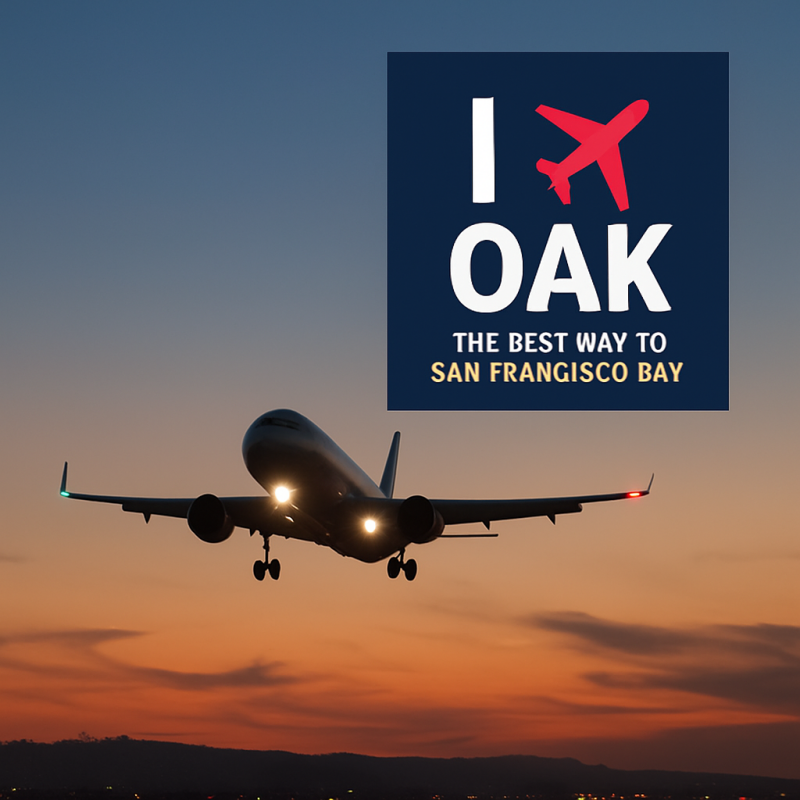Written By Mauricio Segura // Photo: Golden Bay Times Graphics Dept.
WED 8, 2025

San Francisco 49ers Hall of Fame quarterback Steve Young made headlines not for a touchdown throw, but for a new business layup. He has become an investor in a fresh global basketball venture nicknamed Project B, which aims to go head to head with the NBA and shake up how professional basketball works.
Project B is a high-stakes effort to build an international basketball league with both men’s and women’s divisions. The plan is to launch next fall, with seasons running through April, deliberately overlapping the NBA’s timeline. What makes this venture stand out are two bold ideas: traveling tournaments rather than static home and away schedules, and giving players equity in the league instead of just traditional salaries. The concept is to create a series of multi-city events in places like Asia, Europe, and Latin America, taking the game to fans around the world rather than keeping it confined to home arenas.
The project’s leadership includes big names from the tech and sports worlds such as Skype cofounder Geoff Prentice and former Facebook executive Grady Burnett. Among the other backers are tennis great Novak Djokovic, former WNBA stars Candace Parker and Lauren Jackson, and now Steve Young. Maverick Carter, longtime business partner of LeBron James, was initially involved but has since stepped away from the project.
For Steve Young, this move represents more than just an investment opportunity. It is a sign of how deeply sports and entrepreneurship now overlap. As a former NFL star with a reputation for intelligence and leadership, Young’s involvement brings credibility and draws attention from both sports fans and investors. Crossing from football into basketball might seem unusual, but it fits the growing trend of athlete investors expanding their influence into other sports and industries.
Still, Project B faces major challenges. One concern centers on funding sources, as reports indicate the league will receive backing from Saudi Arabia’s Public Investment Fund. Critics argue that this could be an attempt at sportswashing, using sports to improve the nation’s image amid ongoing controversies over human rights. There is also the daunting task of competing with the NBA, which already has a global fan base, long-standing media partnerships, and decades of cultural dominance. Building a new league from scratch means convincing top players to take a leap of faith and persuading fans that the product is worth watching.
Another hurdle is timing. Project B’s season will overlap the NBA calendar, meaning fans, broadcasters, and players might have to choose between the two. The new league must offer something truly different, perhaps through its global travel model, its emphasis on player equity, or a fresh style of presentation, to attract sustained interest.
If the league succeeds, however, it could redefine the way basketball operates on a global scale. By taking games to cities around the world, Project B could create stronger international connections and expand the sport’s reach far beyond its current base. Its player ownership model could also influence other sports to rethink how athletes are compensated and valued. For the NBA, the rise of a serious rival might bring pressure to innovate, adjust its structure, or reconsider its approach to international growth.
For Steve Young, this is not about leaving football behind but about pioneering the next frontier of sports innovation. His move reflects a broader shift in how athletes view their legacies, not just as competitors but as entrepreneurs and visionaries shaping the future of sports.
Project B has yet to announce team names, rosters, or full schedules, but its leadership claims it is working toward a multibillion-dollar launch. Whether it becomes a global phenomenon or a short-lived experiment remains to be seen. But one thing is certain: the sporting heads are paying close attention.














